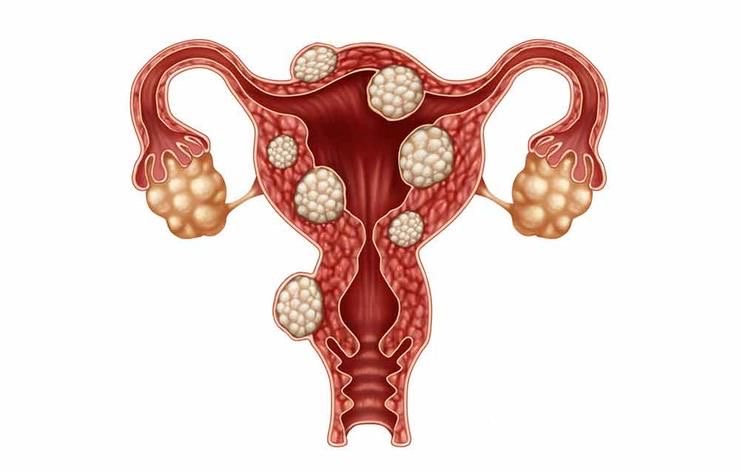Top Insights
Wellness & Fitness
 ANNYJanuary 23, 20244 Mins read1.1k Views
ANNYJanuary 23, 20244 Mins read1.1k Views
Polycystic Ovary Syndrome (PCOS): Symptoms, Causes, and Treatment

Recent Posts
Related Articles
Wellness & Fitness
Boost Your Morning Routine with Fat-Burning Drinks
Starting your day with a healthy and energizing beverage is a great...
ByANNYMarch 11, 2024
MoreWellness & Fitness
Essential Heart Health: Medicines Recommended by Doctors to Keep at Home
Maintaining good heart health is essential for overall well-being, and having the...
ByANNYMarch 11, 2024
Wellness & Fitness
Don’t wanna go gym ? Try these 8 things insisted
In today’s fast-paced world, finding time to hit the gym can be...
ByANNYMarch 5, 2024
Wellness & Fitness
Exploring the Depths: Insights into Female Sexuality
In a world where conversations around sexuality are becoming more open and...
ByANNYFebruary 17, 2024

















Leave a comment